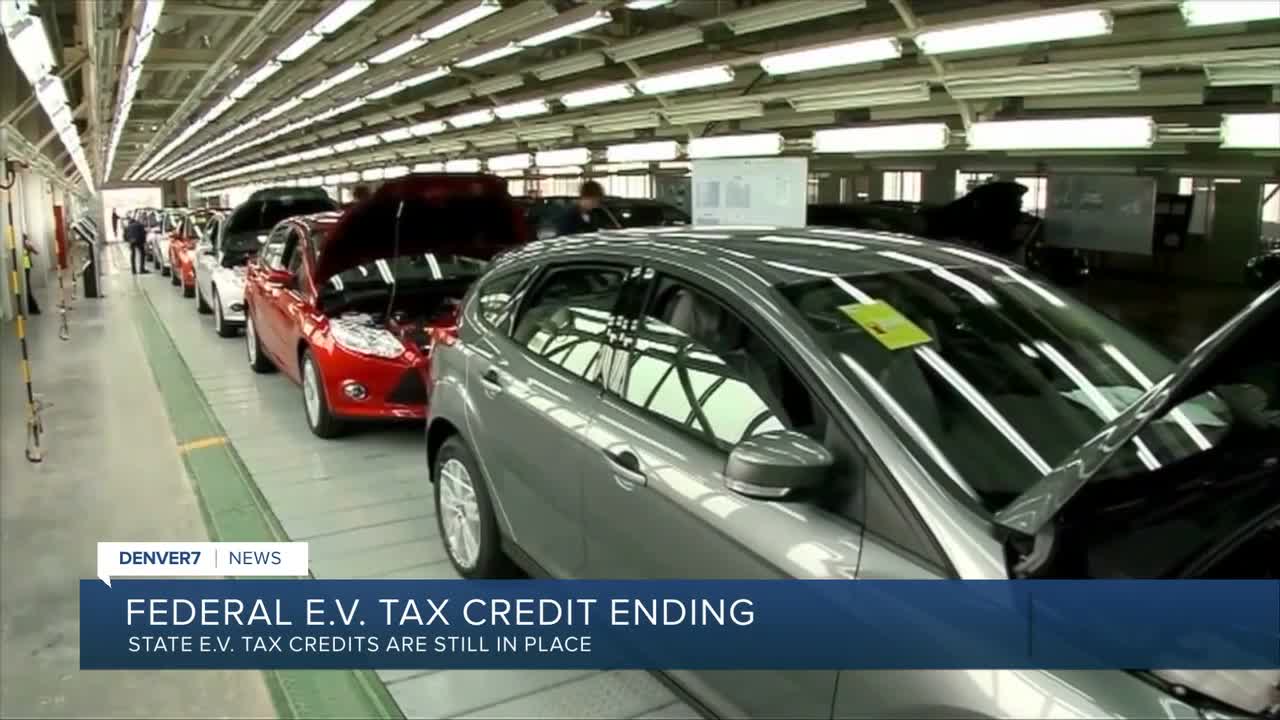DENVER — Colorado leaders are telling people if you're interested in an electric vehicle, you might want to start shopping before the end of September.
The federal incentives include a $7,500 tax credit for new EVs and up to $4,000 for used models, is set to phase out with the implementation of the recently passed so-called 'Big, Beautiful Bill.'
Will Toor, executive director of the Colorado Energy Office, emphasized the urgency for potential buyers. "I would really encourage anybody who has been thinking or wondering about getting an EV now is the time to do it," Toor said. "The next three months are going to be the best that you get for a long time."
While federal credits will soon be unavailable, Colorado residents can still take advantage of state incentives ranging from $3,500 to $6,000, depending on the type and price of the vehicle. Additionally, there is a program for low-income families that allows them to trade in an old gas vehicle for an electric one.

State
Colorado now ranks No. 1 in the nation for market share of new electric vehicles
Despite Colorado's status as a leader in EV sales, according to the governor's office, Toor expressed concern that the loss of federal incentives could dampen enthusiasm among potential buyers. He said the state is looking at options to address the gap. He acknowledged the tight state budget and that they are exploring creative solutions, but didn't have details on that quite yet.
Denver7 also reached out to the Colorado Automobile Dealers Association. They shared this statement:
"With the federal EV tax credit expiring in September, we expect EV sales will drop. Affordability is the most important part of the buying decision for consumers. Our dealers are coordinating a response with industry to create options that keep vehicles in reach for those Coloradans who rely on credits to make a new EV a reality.
Still, tax credits didn’t live in a vacuum. High interest rates and regulatory requirements continue to drive costs on all new cars. Buying before September 30 is the best hedge against the uncertainty of tax credits, tariffs, and market uncertainty."






